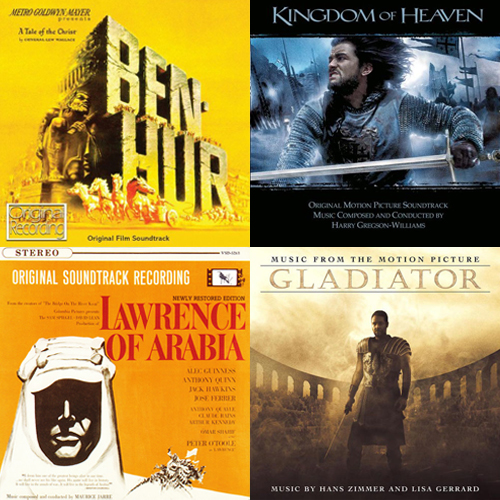
The FourScore battle today will focus on the ambitious and landmark period piece films pictured above. They sit atop a heap of sword and sandal imitators and show us that an epic is ever grander than a mere four letter word used to describe it. Summer’s just begun and it already feels like it’s in full swing (read: IT’S HOT). Even though it’s sweltering outside, we film fans can always retreat to the cool comforts of a theater (or home theater). That said there’s something majestic and enjoyable about seeing our on-screen heroes do battle in the harsh sun-cooked sands that really makes for some truly memorable and iconic cinema.
So which humble or unassuming character is it that, powered by the masterful composer and his cinematic orchestra, brings us to our feet as a leader among men? Is it the Prince turned prisoner, is it the tale of a melancholy blacksmith, is it the man who helped unite warring Arab tribes, or the general who simply wanted to leave the Roman war machine behind for family and farming?? Find out after the jump.
——————————————————————————————————————————————-
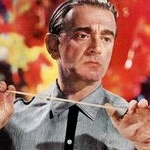 Ben Hur – In film circles Miklos Rosza is more than a legend. Having created music that perhaps stands even taller than the film itself, his score to Ben Hur is one that’s arguably more impacting than the story; though the two together make for some of the finest cinema in our history. Rosza uses the sections of the orchestra well and his understanding of the on-screen characters and their motivations is exhibited in ways that few composers can match. From the outcasts, to Judah, Mesala and even the son of God, it’s tough for a film to contain so many themes without being a over-crowed yet Rosza does so with ease while managing to make even the smallest riffs and tunes very memorable. That’s the sign of a musical genius.
Ben Hur – In film circles Miklos Rosza is more than a legend. Having created music that perhaps stands even taller than the film itself, his score to Ben Hur is one that’s arguably more impacting than the story; though the two together make for some of the finest cinema in our history. Rosza uses the sections of the orchestra well and his understanding of the on-screen characters and their motivations is exhibited in ways that few composers can match. From the outcasts, to Judah, Mesala and even the son of God, it’s tough for a film to contain so many themes without being a over-crowed yet Rosza does so with ease while managing to make even the smallest riffs and tunes very memorable. That’s the sign of a musical genius.
(Favorite Tracks: Love Theme of Ben-Hur, The Rowing of the Galley Slaves and The Miracle and Finale)
——————————————————————————————————————————————-
Kingdom of Heaven – Ethereal, worldly, weighty and yes epic, Gregson-Williams creates a travel log like none other with this auditory equivalent to a spiritual pilgrimage. Kingdom of Heaven gets flack for being a disappointing film (to that I highly suggest people check out the Director’s Cut) but the music more than makes up for anything the film lacks. The sound is majestic and full bodied, it out shines the truly magnificent battle scenes but is also incredibly tender when the moment calls for it. In this underrated gem, highly versatile composer (and bit of an underdog himself) Harry Gregson-Williams gives this music his all and stands toe-to-toe with the other great musicians in this match up.
(Favorite Tracks: Crusaders, To Jerusalem, and Wall Breached)
——————————————————————————————————————————————-
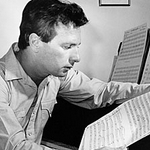 Lawrence of Arabia – A shining example of an old Hollywood style film (to some, possibly the definitive old Hollywood style film), Lawrence of Arabia is loved the world over and for good reason. Maurice Jarre’s iconic score is almost more memorable and recognizable than the film. But while some composers would go wall to wall with the music trying to flesh out such an fantastical and larger than life true story, Jarre’s judicious use of the main and secondary themes create not an adrenaline fueled whirlwind, but a rather sweeping, fun but still dangerous and semi-romanticized soundtrack to the life of T.E. Lawrence.
Lawrence of Arabia – A shining example of an old Hollywood style film (to some, possibly the definitive old Hollywood style film), Lawrence of Arabia is loved the world over and for good reason. Maurice Jarre’s iconic score is almost more memorable and recognizable than the film. But while some composers would go wall to wall with the music trying to flesh out such an fantastical and larger than life true story, Jarre’s judicious use of the main and secondary themes create not an adrenaline fueled whirlwind, but a rather sweeping, fun but still dangerous and semi-romanticized soundtrack to the life of T.E. Lawrence.
(Favorite Tracks: Arrivals At Auda’s Camp, Rescue of Gasim and Bringing Gasi and This Is the Desert)
——————————————————————————————————————————————-

Gladiator – It’s hard to pick a favorite out of all the fantastic and energetic scores Hans Zimmer has composed but this Ridley Scott film is one of the stepping stones toward the signature sound he has today. Travelling down this long road to redemption, Zimmer’s passages are mighty but he also shows extreme vulnerability. Using the brilliant and beautifully haunting choral work from Lisa Gerrard the score at times almost plays like a conversation between Maximus and his deceased wife. The rousing but sometimes anguished score is perfectly tailored to the characters and the story as the general seeks vengeance for his family…and true to his style, when things get exciting Zimmer gets musically fast and free which really gets the blood pumping.
(Favorite Tracks: The Might of Rome, Strength And Honor and Now We Are Free)
——————————————————————————————————————————————-
FourScore Ruling:
This really is a tough one. What really qualifies something as an epic? Is it scale of a singular battle or the entire story itself? Is it the triumph depicted in the film or is something outside the film, like longevity or critical praise/acceptance of the film? Or is it something else that’s nebulous or intangible?
These four fine films are very similar in story, scope, character and can easily be called “epic” as they provide satisfying answers to the open-ended and ambiguous questions proposed above. Like a photo-finish, it’s not easy to find a clear winner, yet at the end of the day Judah Ben Hur eeks out a victory here. Miklos’ music really sets the tone of the film (I sure wish films still had Overtures and Entre’ Acts) and is symbiotic to the story even so far to tell the same impacting yarn without the aide of William Wyler, Charleton Heston, et al. Set in tandem with the life of Christ,which is extremely understated, this story of a falsely accused man and his personal redemption/ultimate lesson in forgiveness (including the chariot race to end all chariot races) would be nothing without Miklos Rosza’s finest work.
Heston sees the face of God by way of another celestial being – one Miklos Rosza
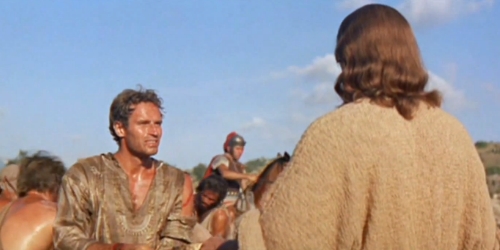

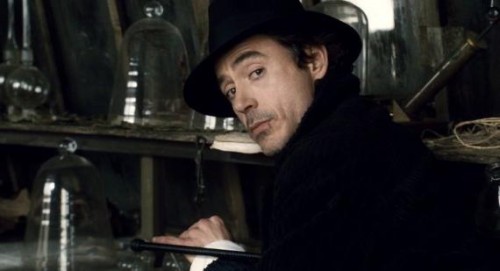
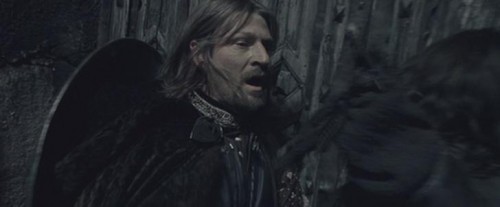
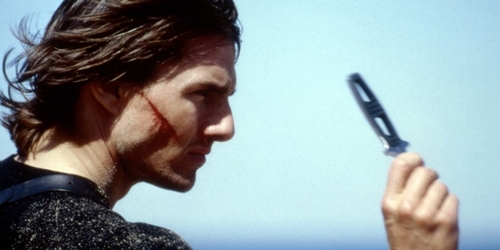
One Comment
YW Purnomosidhi
Kingdom of Heaven and Gladiator are my favorites.